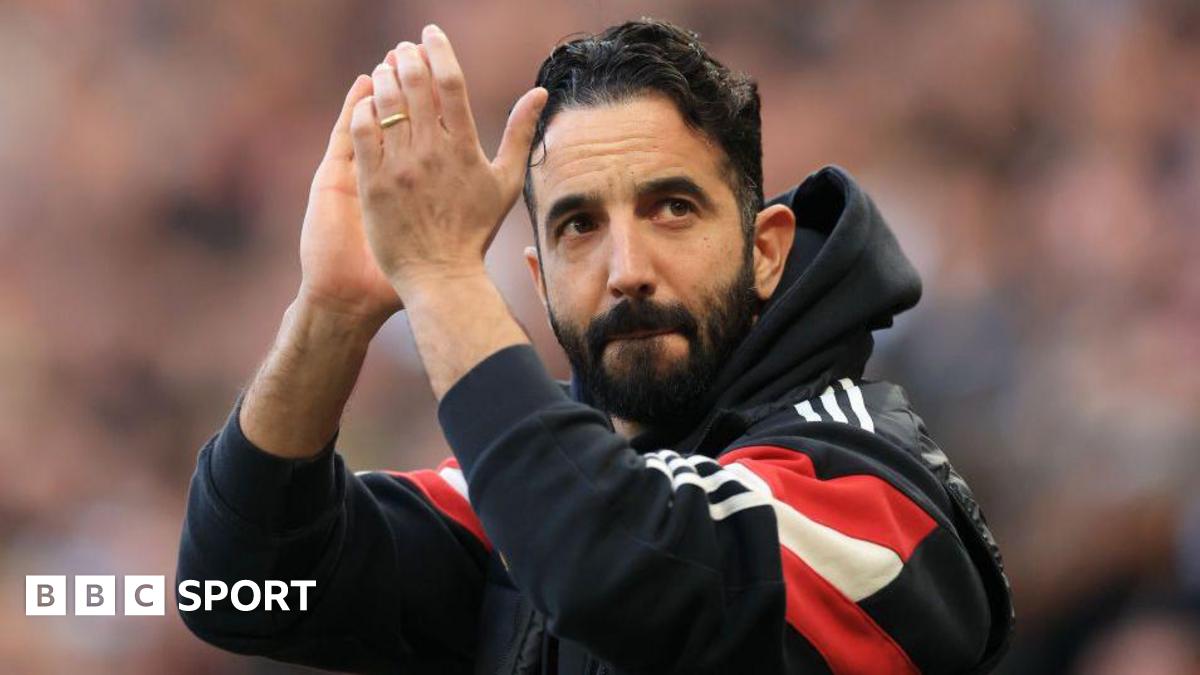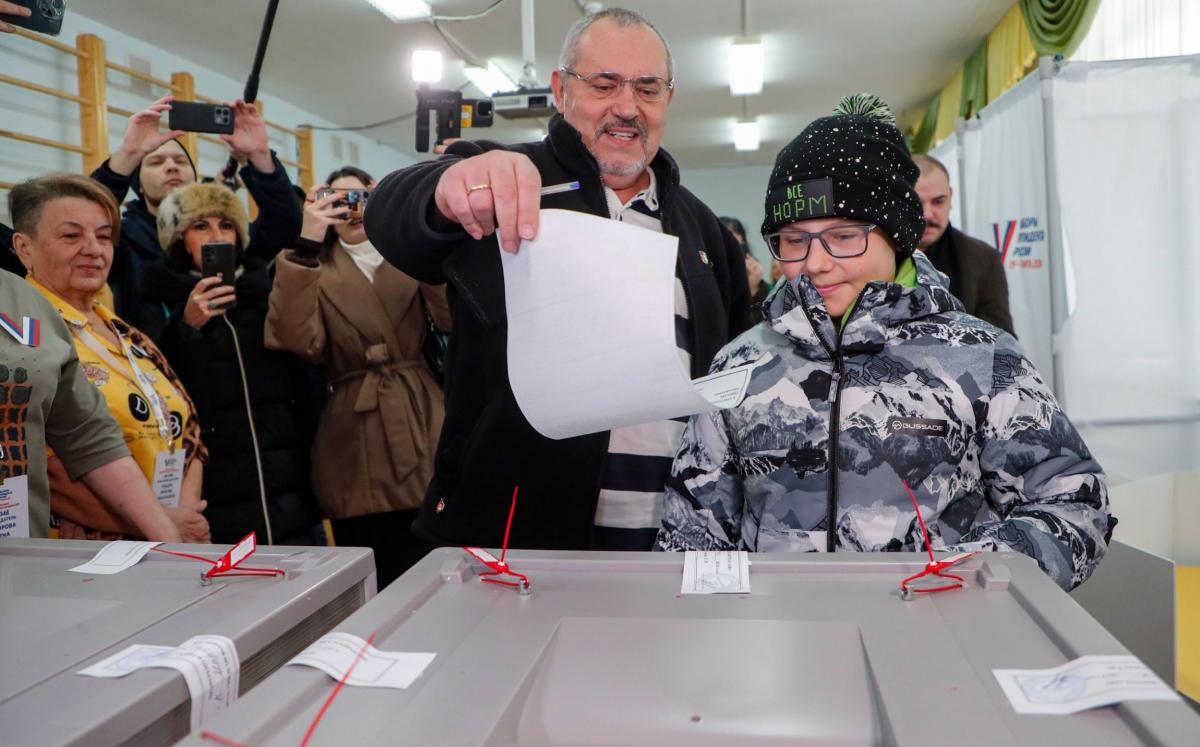Vladimir Putin won another six years as Russian president on Sunday in an election in which he faced no competition, and which was overshadowed by widespread protests against his rule.
Exit poll results released shortly after voting closed on Sunday evening showed that Putin had won 88 per cent of the vote on a turnout of 73.3 per cent. In occupied parts of Ukraine’s Donbas region, he reportedly scored 95 per cent of the vote.
Earlier on Sunday, thousands of Russians answered a call by Yulia Navalnaya, the widow of Alexei Navalny, the Russian opposition leader who died in an Arctic prison last month, to throng polling stations at midday to vote against Putin.
The flash mob protests, seen at polling stations across Russia and at its embassies around the world, revealed the depth of opposition to the Kremlin. Photographs showed queues of people, many of them smiling, snaking out of polling stations.
“It’s important to know you are not alone,” a person in Russia who attended a flash mob at a polling station said. “There are a lot of people who don’t blindly believe the propaganda.”
Telegram, the social messaging channel, showed photographs of dozens of ballot papers defaced by protesters, who had scrawled pro-Ukraine and anti-war slogans on them. “Don’t steal my voice, don’t steal our future,” said one spoiled paper.
Mrs Navalnaya received a rapturous round of applause when she joined a queue of voters outside the Russian embassy in Berlin. She revealed that she had cast her ballot in the name of her dead husband.
Putin did not immediately comment on his victory, which handed him another six-year term, but his allies were quick to issue their congratulations. Dmitry Medvedev, a former Russian president, described the win as “brilliant”.
The 88 per cent win was a record for Putin. Analysts said the Kremlin used its vote manipulation machine to force up the vote in one of its biggest propaganda projects.
Genuine opponents were all either jailed or disqualified, pressure was applied to state workers to vote for Putin and electronic voting numbers were fiddled.

Golos, an independent Russian vote-monitoring NGO, said the election should be considered fixed, often using basic techniques that included offering voters free shots of vodka and faking data.
“In several regions, unnaturally similar turnout results were observed in dozens of neighbouring polling stations, which is usually a consequence of data falsification,” it said.
Video from one polling station in Donbas showed an armed and masked man standing over voters to ensure they ticked the box for Putin.
Lord Cameron, the Foreign Secretary, dismissed the result of the vote. “This is not what free and fair elections look like,” he said, noting that voting had been held illegally on occupied Ukrainian territory and there had been a lack of choice for voters.
The White House National Security Council spokesman said.”The elections are obviously not free nor fair, given how Putin has imprisoned political opponents and prevented others from running against him.”
Volodymyr Zelensky, the Ukrainian president, said: “There is no legitimacy in this imitation of elections and there cannot be.” He added that Putin “should be on trial in The Hague. That’s what we have to ensure”.


The election win means that, by 2030, Putin will have ruled Russia for 30 years, longer than Joseph Stalin, who ruled for 29 years.
Putin’s victory was intended to showcase support for the war in Ukraine, and analysts believe he will now double down on building his legacy, which includes trying to subvert Ukraine to Kremlin rule.
Announcing the result, presenters on Russian TV said it proved that “Russians were consolidating around the president at a time of war”.
OVD-Info, a Russian human rights group, said police had arrested 74 people at polling stations in Russia on Sunday. Anti-Kremlin protests had also dominated the two previous days of voting, with demonstrators pouring green ink into ballot boxes and setting fire to polling booths.












